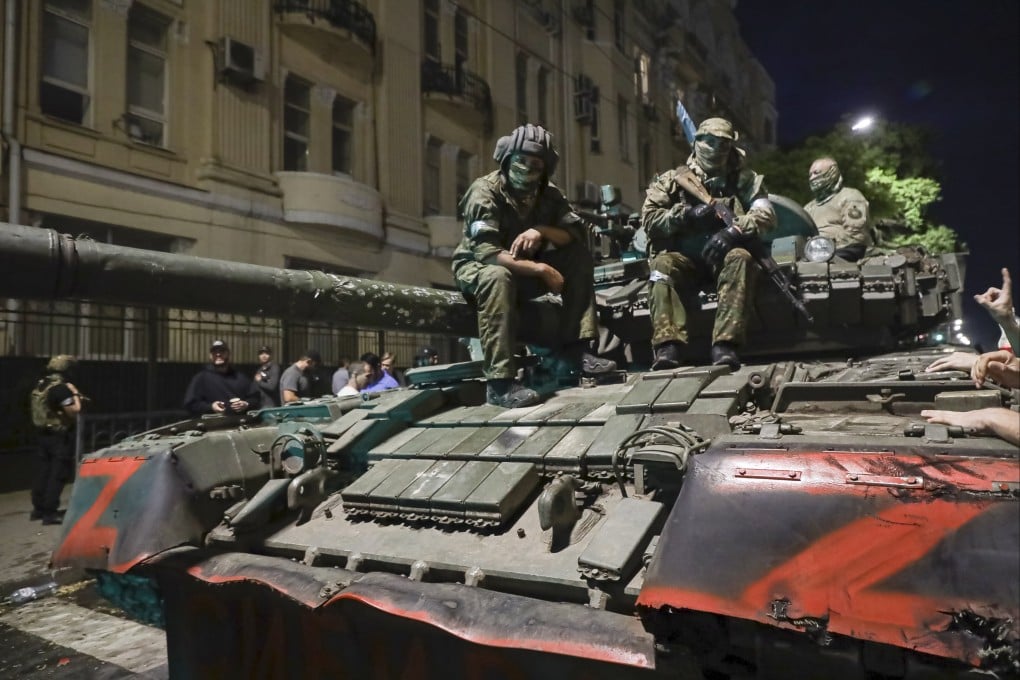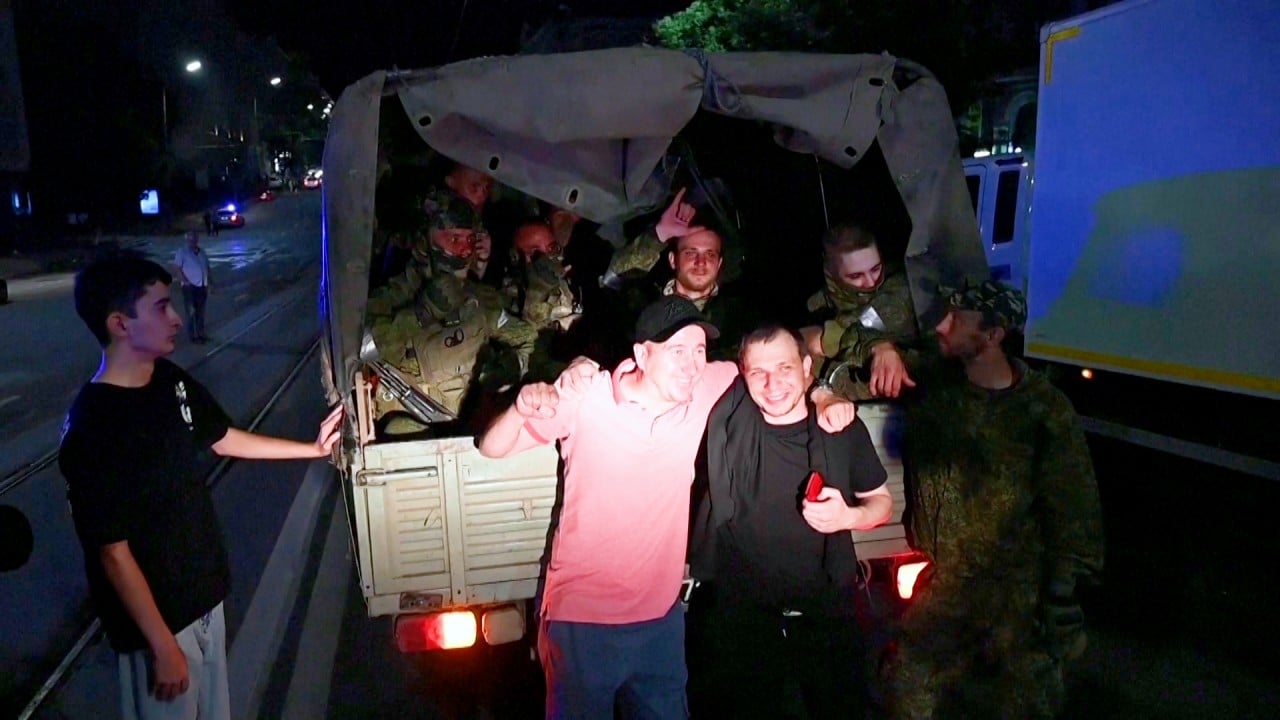Advertisement
Opinion | Wagner revolt in Russia sparks questions about Putin’s power, stability in Middle East and Africa
- The upheaval, and uncertain future of Prigozhin as Wagner chief, could affect the actions of the Wagner mercenaries in areas with a growing footprint of Chinese mining companies
- Failure to contain the Wagner mercenaries’ advance shows how Putin’s use of the group has backfired on him and exposed the cracks in his hold on power
Reading Time:4 minutes
Why you can trust SCMP
8

On June 24, the escalating clash between the Russian military high command and the Wagner Group mercenaries teetered on the precipice.
Yevgeny Prigozhin, at the helm of Wagner, had boldly crossed the proverbial Rubicon, casting a dark shadow over Moscow’s ability to contain the Ukrainian counteroffensive. Openly upbraiding the Russian army on social media, accusing its commanders of cowardice, Prigozhin repositioned his mercenary units from Ukraine to the southern Russian city of Rostov-on-Don, poised to march on to Moscow.
In response, Vladimir Putin, addressing the nation, denounced the back-stabbing, summoning the security forces to quell the armed insurrection. Later on the same day, the Wagner boss made a U-turn by accepting Belarus President Aleksander Lukashenko’s offer of safe haven. Soon after, the FSB, a Russian security agency, announced that all the accusations of armed mutiny against the Wagner Group had been dismissed.

Yet, the unintended consequences arising from the “Wagner franchise” operating on its own across Africa and the Middle East would be far-reaching. Beijing is taking note. A network of mercenaries loyal only to Prigozhin in the MENA (Middle East and North Africa) region, or even worse, heavily armed splinter cells of the Wagner Group roaming free in Africa are a clear and present danger for China’s Belt and Road Initiative. In both situations, there is no direct communication with Moscow to negotiate red lines that should not be crossed.
Just after the beginning of the armed rebellion, Ramzan Kadyrov, the Chechen leader, was the first among Putin’s allies to state his support for Moscow, which also swept aside any doubt arising from his personal relationship with Prigozhin that was cemented during the early days of the invasion of Ukraine.
Tehran, another Russian ally, followed suit. Foreign ministry spokesman Nasser Kanaani said what was happening in Russia was an internal issue of the country, and the Islamic Republic of Iran supported the rule of law in the Russian Federation.
Turkey’s President Recep Tayyip Erdogan, in a phone call with Putin, advised restraint and reason, while Beijing bided its time. On June 25, the Ministry of Foreign Affairs said the Wagner incident was Russia’s internal affair and China supported Russia in maintaining national stability and achieving development and prosperity.
Advertisement

